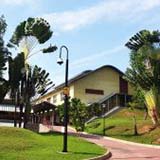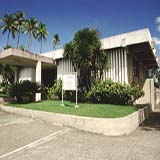Introduction
IUU fishing can take place in all capture fisheries. Efforts to conserve and manage fish stocks are undermined by IUU fishing, which can lead to the collapse of fisheries or can seriously impair efforts to rebuild fish stocks that have already been depleted. This may result in the loss of both short- and long-term social and economic opportunities and could have negative impacts on food security. The international organization emphasizes and implements activities relevant to combat IUU fishing such as the FAO Global Record of Fishing Vessels, Refrigerated Transport Vessels and Support Vessels; Global Information Exchange System (GIES) by FAO; ASEAN Roadmap on Combating IUU Fishing (2021–2025) which aims to enhance and strengthen collaborative efforts to combat IUU fishing in the region thereby improving fisheries management, sustaining fish resources, and optimizing the benefit of adopting responsible fishing practices.
In the Southeast Asian region, SEAFDEC organized the “High-level Consultation on Regional Cooperation in Sustainable Fisheries Development Towards the ASEAN Economic Community: Combating IUU Fishing and Enhancing the Competitiveness of ASEAN Fish and Fishery Products” in Bangkok, Thailand, on 3 August 2016. The ASEAN-SEAFDEC member countries declared and planned under relevant international laws and arrangements to combat IUU fishing in the Southeast Asian region and enhance the competitiveness of ASEAN fish and fishery products in the region and internationally.
Moreover, the ASEAN-SEAFDEC Regional Meeting on the Resolution and Plan of Action for ASEAN Region Towards 2030 held in September 2019 in Bangkok, Thailand, also emphasized on 1) Implement measures to prevent unauthorized fishing and eliminate illegal fishing practices, 2) Strengthen the implementation of measures and activities to combat IUU fishing by ensuring compliance with national laws and regulations, and the provisions of international instruments; encourage the development and implementation of national plans of action to combat IUU fishing; promote inter-agency coordination for effective implementation of laws and regulations; and enhance awareness and understanding of applicable international and regional instruments and agreements through information dissemination campaigns, 3) Establish and strengthen regional, sub-regional, and bi-lateral coordination on fisheries management and efforts to combat IUU fishing, 4) Mobilize regional/sub-regional collaboration frameworks and tools for combating IUU fishing, e.g., Regional Plan of Action to Promote Responsible Fishing Practices including Combating Illegal, Unreported and Unregulated Fishing (RPOA-IUU); ASEAN Regional Plan of Action for the Management of Fishing Capacity (RPOA-Capacity); Regional Fishing Vessels Record (RFVR); ASEAN Catch Documentation Scheme (ACDS), and the use of technologies to support monitoring and surveillance of fishing activities, e.g., Vessel Monitoring System (VMS), traceability systems, 5) Improve the capacity of relevant national authorities and strengthen their functions for regional and bilateral/sub-regional cooperation, to effectively implement the requirements of port State measures and flag State responsibilities, and 6) Apply traceability systems with mechanisms as needed to certify or validate the information for the whole supply chain, and establish regulations and enforcement schemes in line with international standards by harmonizing AMSs’ inspection systems and strengthen port inspections in the process as a means to improve traceability systems.
Following the directions of the “Resolution and Plan of Action for 2030” and the abovementioned Declaration, the SEAFDEC Training Department (SEAFDEDC/TD) has been implementing the project of “Strengthening regional cooperation and enhancing national capacities to eliminate IUU fishing in Southeast Asia” under the JTF 6-II for the year 2020–2024. Under the overall objectives “Sustainable utilization and sound management of fisheries resources in Southeast Asia”, the project expects four outputs; 1) enhancing the utilization and improvement of RFVR, 2) strengthening national capacities in the implementation of PSM and national capacity development of MCS in Southeast Asia, 3) Application of the electronic ASEAN Catch Documentation System (eACDS) for traceability to eliminate IUU fisheries products, and 4) coordinating a national/regional/international network for collaborative activities to combat IUU fishing.
To summarize project implementation and find recommendations and the way forward for implementation activities to combat and eliminate IUU fishing in Southeast Asia, the Workshop on the Project End of Strengthening Regional Cooperation and Enhancing National Capacities to Eliminate IUU Fishing in Southeast Asia will be organized.
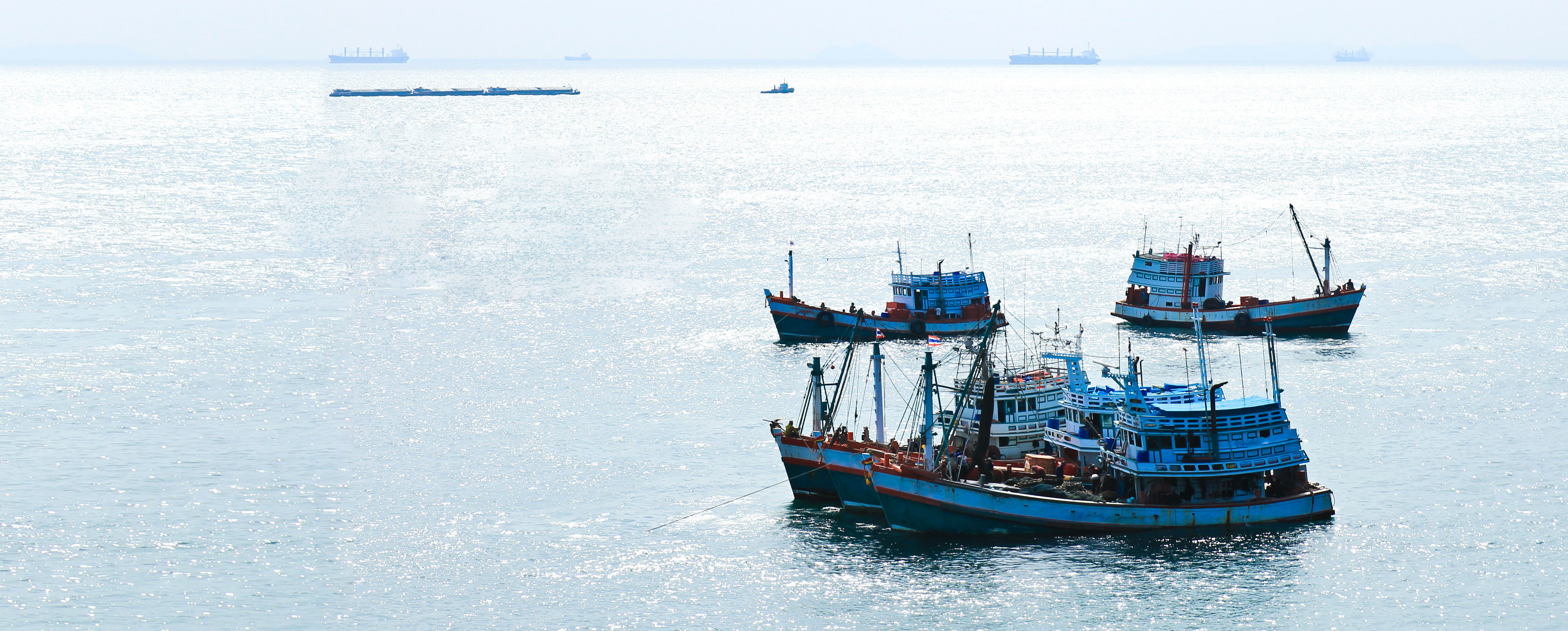

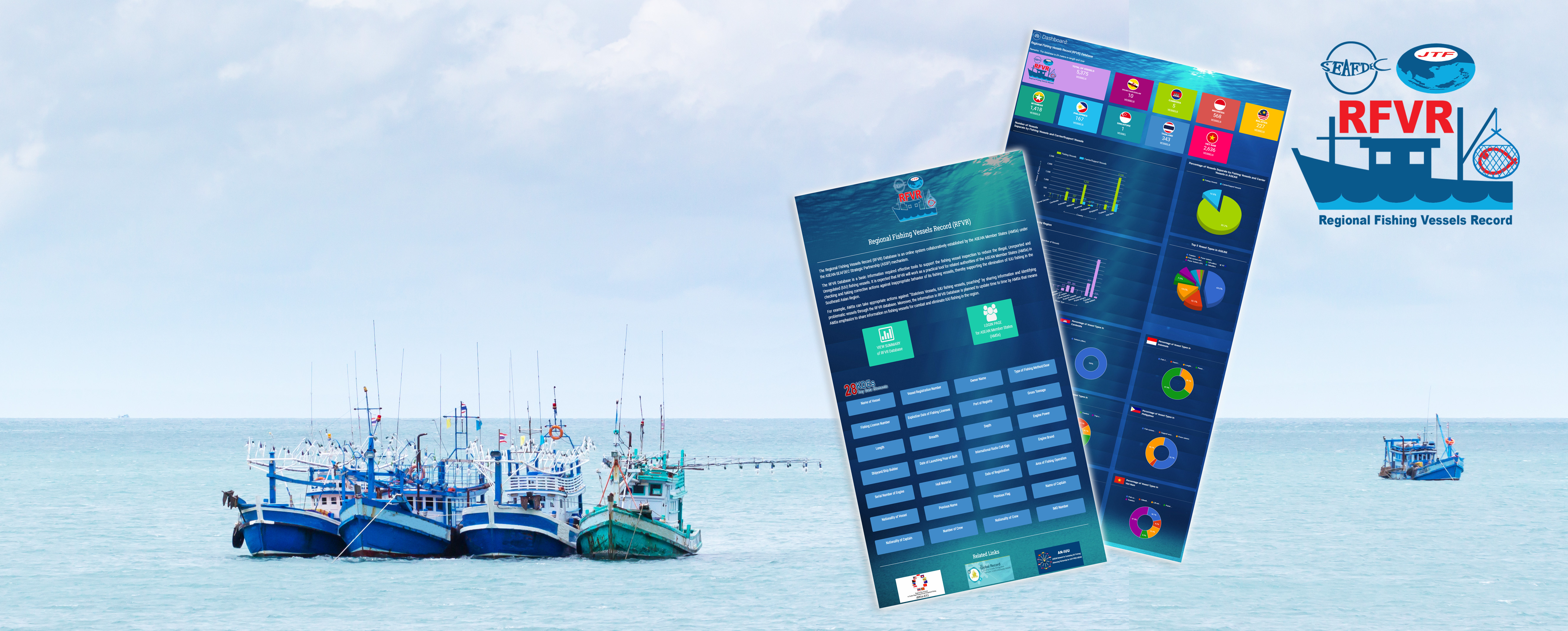

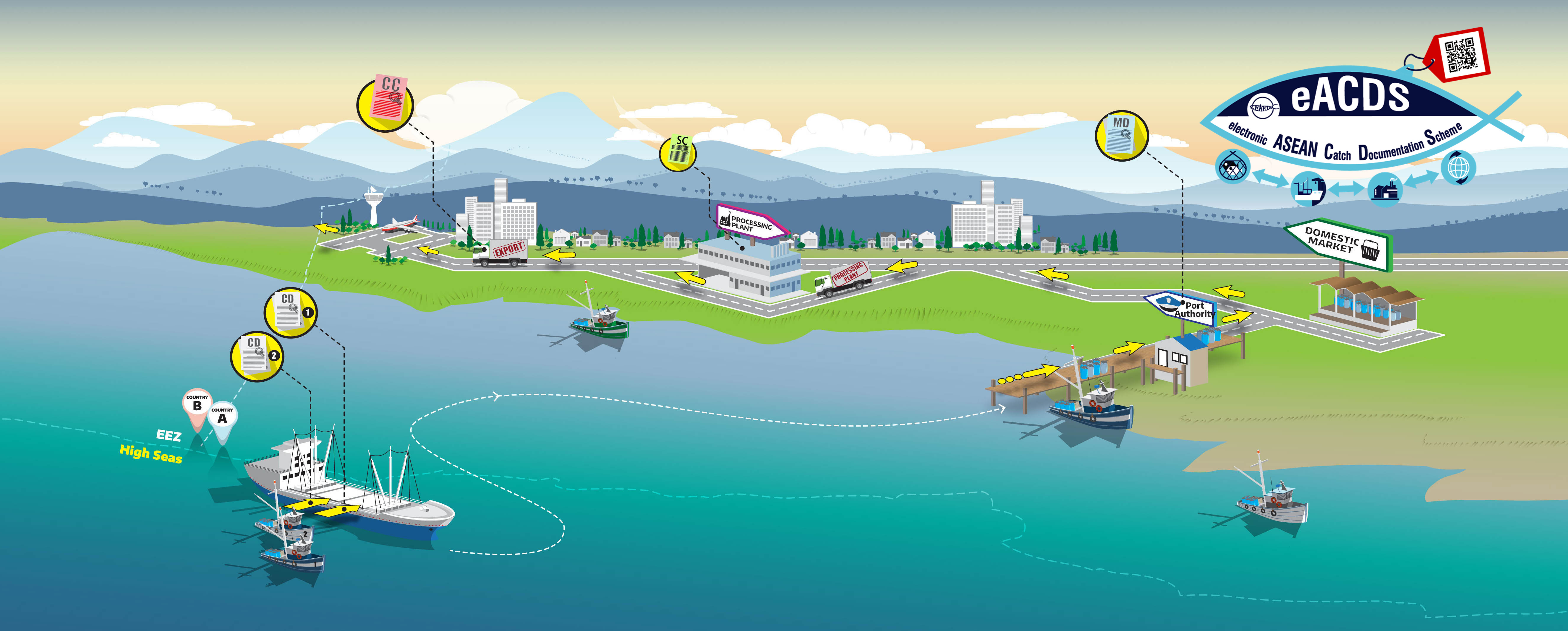


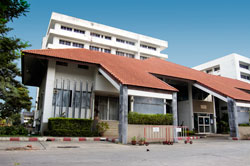 The Southeast Asian Fisheries Development Center (SEAFDEC) is an autonomous inter-governmental body established in 1967. The mission of SEAFDEC considered and adopted by the Special Meeting of the SEAFDEC Council 2017 is “To promote and facilitate concerted actions among the Member Countries to ensure the sustainability of fisheries and aquaculture in Southeast Asia.”
The Southeast Asian Fisheries Development Center (SEAFDEC) is an autonomous inter-governmental body established in 1967. The mission of SEAFDEC considered and adopted by the Special Meeting of the SEAFDEC Council 2017 is “To promote and facilitate concerted actions among the Member Countries to ensure the sustainability of fisheries and aquaculture in Southeast Asia.” 
